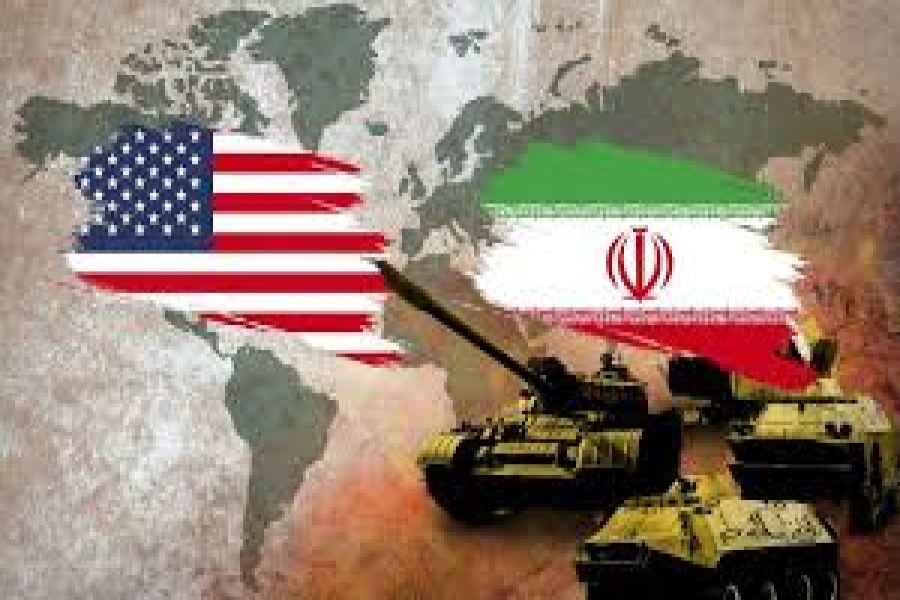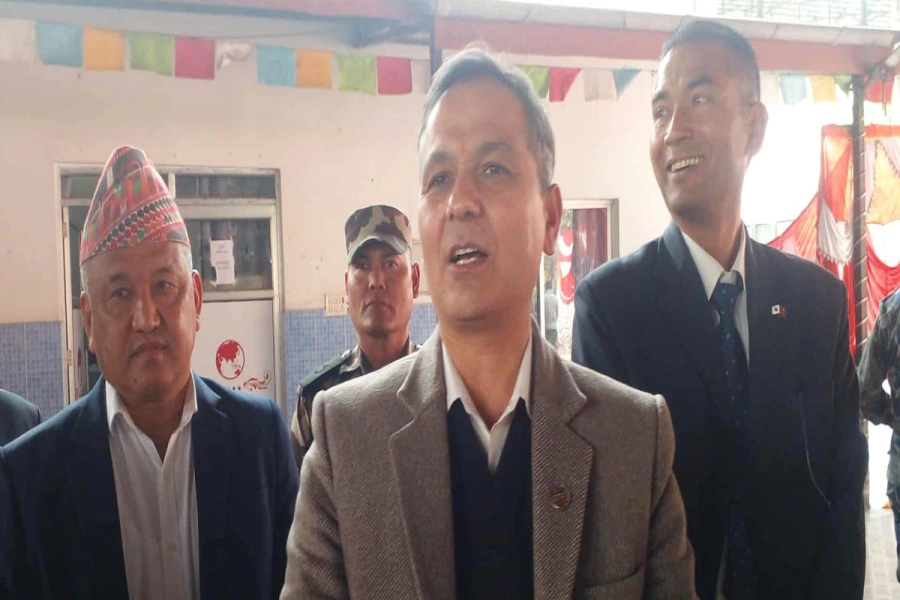KATHMANDU, Jan 14: The Executive Board of the International Monetary Fund (IMF) approved a 38-month arrangement under the Extended Credit Facility (ECF) for Nepal in an amount equivalent to SDR 282.42 million (180 percent of quota or about US dollar 395.9million) on Wednesday.
The IMF in a statement on Thursday said that the ECF arrangement will assist the authorities’ COVID-19 response in mitigating the pandemic’s impact on health and economic activity, protect vulnerable groups, preserve macroeconomic and financial stability and support sustained growth and poverty reduction. The program is expected to help fill financing gaps and will catalyze additional financing from Nepal’s development partners.
IMF reaches staff-level agreement on 3rd review under Extended...

Approval of the ECF arrangement enables immediate disbursement of SDR 78.5 million (50 percent of quota, about US$110 million, usable for budget financing. This follows Fund emergency support to Nepal in May 2020 under the Rapid Credit Facility (100 percent of quota, SDR 156.9 million, equivalent to US$214 million at the time of approval).
According to the statement, the IMF-supported program under the ECF has three main objectives, aligned with the government’s Relief, Restructuring, and Resilience (3R) plan. First, mitigating the Covid-19 impact on health and economic activity, and protecting vulnerable groups, including by making room in the budget for health, social assistance, and job support, while enhancing fiscal transparency and governance. Second, preserving macroeconomic and financial stability, including by maintaining a prudent fiscal stance, preserving reserve adequacy, and strengthening financial sector regulation and supervision. Third, supporting a reform agenda that leads to sustained growth and poverty reduction over the medium term, including by implementing cross-cutting institutional reforms that improve governance and reduce corruption vulnerability.



































